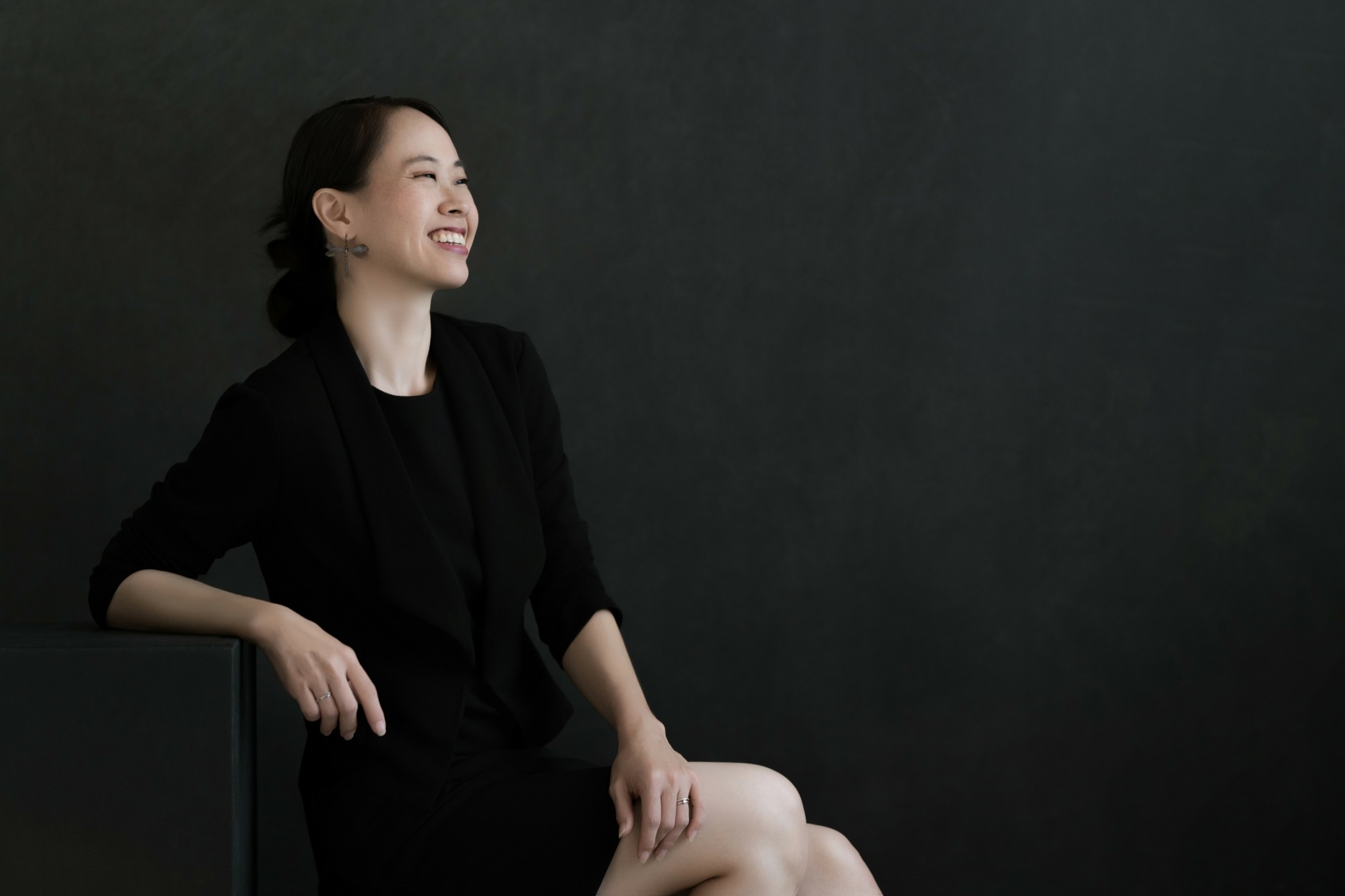We were lucky to catch up with Julia Morizawa recently and have shared our conversation below.
Alright, Julia thanks for taking the time to share your stories and insights with us today. Can you talk to us about a project that’s meant a lot to you?
I could argue that the answer to this question changes with each new project that I make. Meaning, each new project inherently becomes the most meaningful. My most recent short film, DRAGONFLY, is an animated short film about the Tokyo Firebombing of March 9-10, 1945. And the journey to making the film is quite a long one.
In my early twenties, I realized that I knew nothing about my family heritage. I knew nothing about my parents’ lives before me, nor their parents’ lives. So I began researching my family history, which included sitting down and interviewing my parents. During one interview with my mom, I asked her if she knew anything about what her parents (my maternal grandparents, whom I never met) might have experienced during WWII. She recalled that she had once been told that her parents were living in Tokyo, but there was a big fire, so they were forced to move back to the family farm in Komoro. At that time, I didn’t think much of it. But later, when I began researching “big fires” that happened in Tokyo during the 1940s, I soon learned about the night of March 9-10, 1945 when the United States dropped 1,665 tons of incendiary bombs on the Shitamachi district of Tokyo. By dawn, more than 100,000 people were dead, one million were homeless, and sixteen square miles of the city were flattened. It was the highest death toll of any air raid during WWII, including the atomic bombings of Hiroshima and Nagasaki.
In 2015 (or so), I wrote a feature screenplay inspired by everything I had learned during those past several years about my parents and their parents. But it was a beast of a project and not something that I could realistically ever produce. So, in 2019, per the casual suggestion of a friend, I decided to adapt a section of the screenplay into a short script, inspired by what my maternal grandparents may have experienced during the firebombing. That same year, I produced the voice-over for the film and spent all of 2020 struggling to raise the funding to continue the project. I crowdfunded at the end of 2020, then the film was in animation production from 2021-2023, and premiered at the Los Angeles Asian Pacific Film Festival in May 2023.
This film is so meaningful to me because it is the culmination of nearly two decades of researching my family history and tinkering with various narrative projects inspired by that history. It was also the film that took me the longest to complete. The film went on to screen at over two dozen film festivals and was acknowledged with some lovely awards along the way. It is now being distributed to the education market by Alexander Street and is available to buy/rent on Amazon Prime Video. Like me, many people have shared that they had never heard of the Tokyo Firebombing prior to seeing the film. So, in addition to being a tragic homage to the grandparents I never knew, DRAGONFLY is intended to raise awareness about a historical event before it, and the people who were lost, are entirely forgotten.
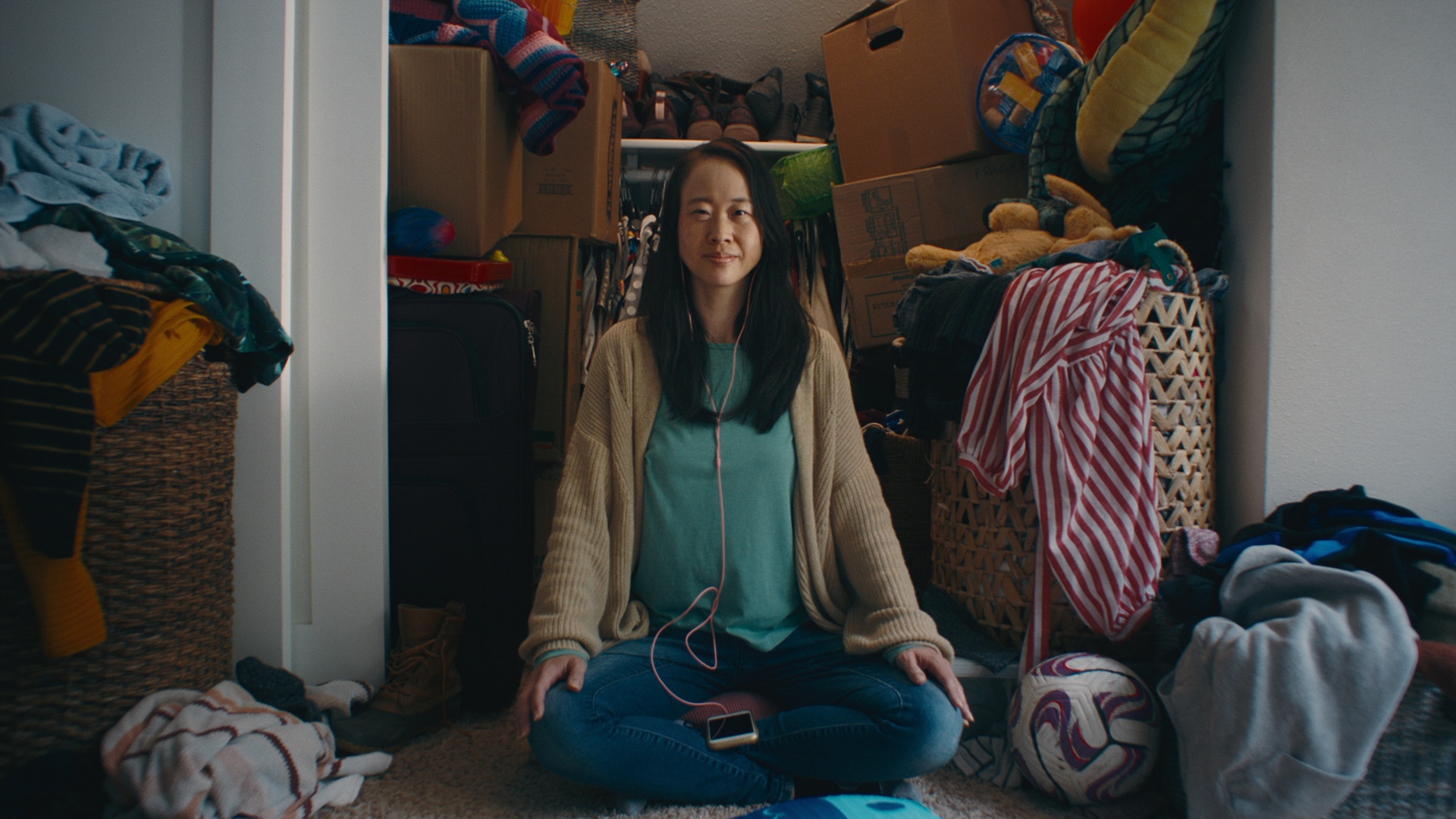
As always, we appreciate you sharing your insights and we’ve got a few more questions for you, but before we get to all of that can you take a minute to introduce yourself and give our readers some of your back background and context?
I am a writer, producer, and actor telling stories in film, television, theatre, new media, and audio fiction. I’ve worked on well over 100 projects within those formats. Projects, in addition to DRAGONFLY, that I have written, produced, and shepharded from start to finish include SIN & LYLE (short film), JESUSCAT (OR HOW I ACCIDENTALLY JOINED A CULT) (improvised feature film), TWENTY-TWO (stage play), and AMERICAN COMEDY HORROR STORY: ORPHANAGE (fiction podcast).
I grew up as a competitive gymnast, but was introduced to theatre and the drama club in high school. Upon performing in my first play at a local community theatre, I was hooked. I began pursuing a professional acting career as a teenager and moved to Los Angeles on my 18th birthday to do so. However, because most of the roles available to me at the time were heavily reliant on stereotypes that did not ring true to me, I quickly learned that if I wanted to be a part of stories that reflected my authentic experience and were deeply important to me, I would need to write and produce them myself. So that’s what I did.
After nearly two decades of focusing on my acting career, I moved back to Oregon, where I was born and raised, thanks to the pandemic. And that’s when I dove into screenwriting and film producing on a heavier level. As a storyteller, I tend to write about flawed characters who are deeply motivated by the people they love, even if it causes them to make bad choices. Many of my stories today explore themes of self-worth and journeys toward self-acceptance. I am currently in development on my next feature film, SOMETHING ABOUT THE TIDE, and two more short films: TOMORROW, I PROMISE and WELCOME BACK. In the future, I hope to produce other people’s stories and be in a position to help finance films (and other storytelling formats), particularly those by and about historically underrepresented communities and experiences.
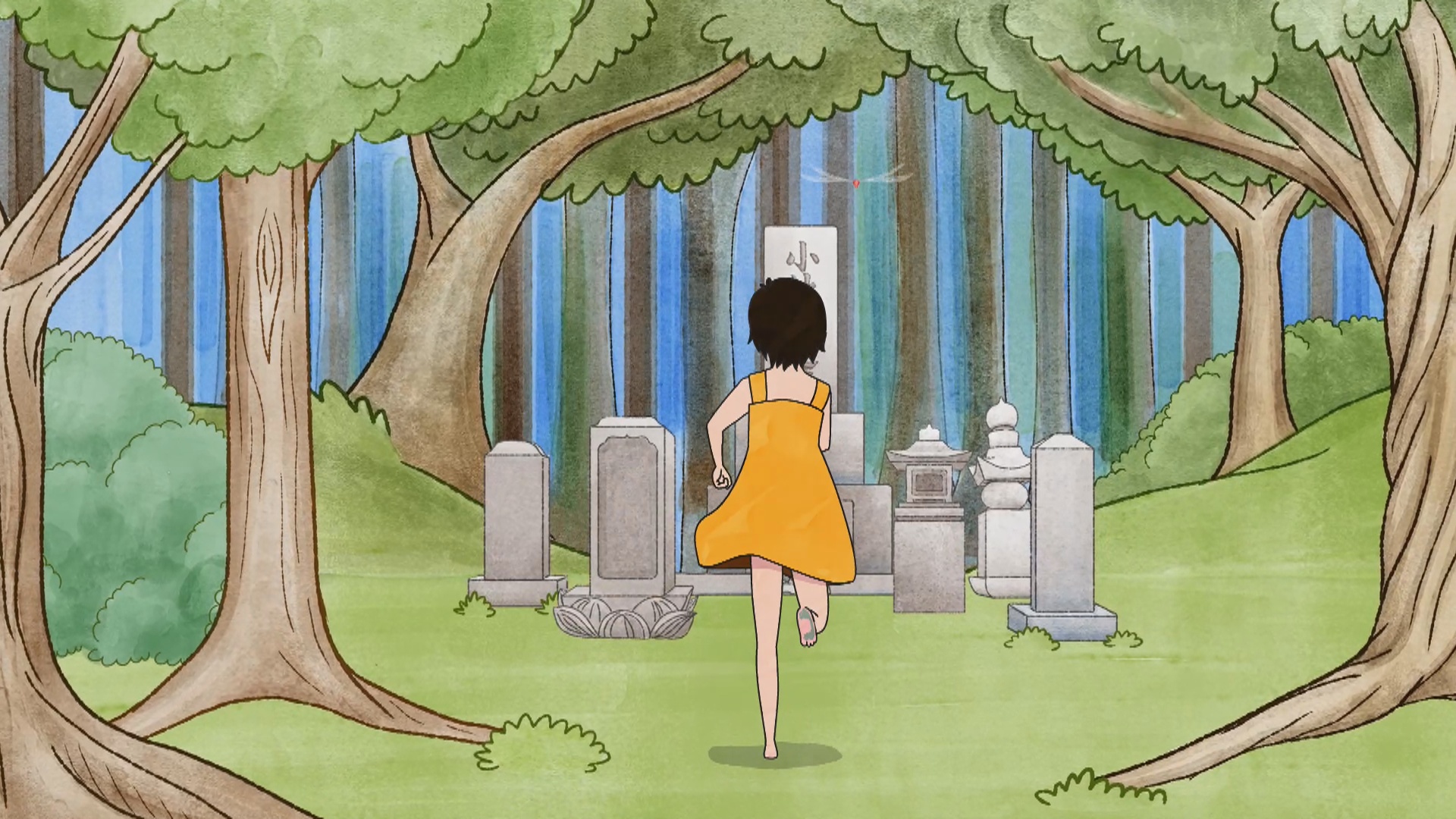
Is there a particular goal or mission driving your creative journey?
My primary goal as a storyteller is to help others feel less alone. I genuinely believe that I had seen more people who looked, behaved, and felt like me in the media growing up, I may have been spared an adolescence of hating myself–of resenting my heritage, of resenting the way that I looked. Authentic, diverse representation in film and television offers a platform for people to be seen and heard. It is a motivator to give voice to those who have historically been silenced. During my teenage years and early twenties, there was a handful of specific stories (books, movies, TV shows, plays, etc.) that saved my life. It may sound a bit dramatic, but I still believe that to be true today. If I can create one story, one piece of work, that does the same for another person, I will have achieved my goal.
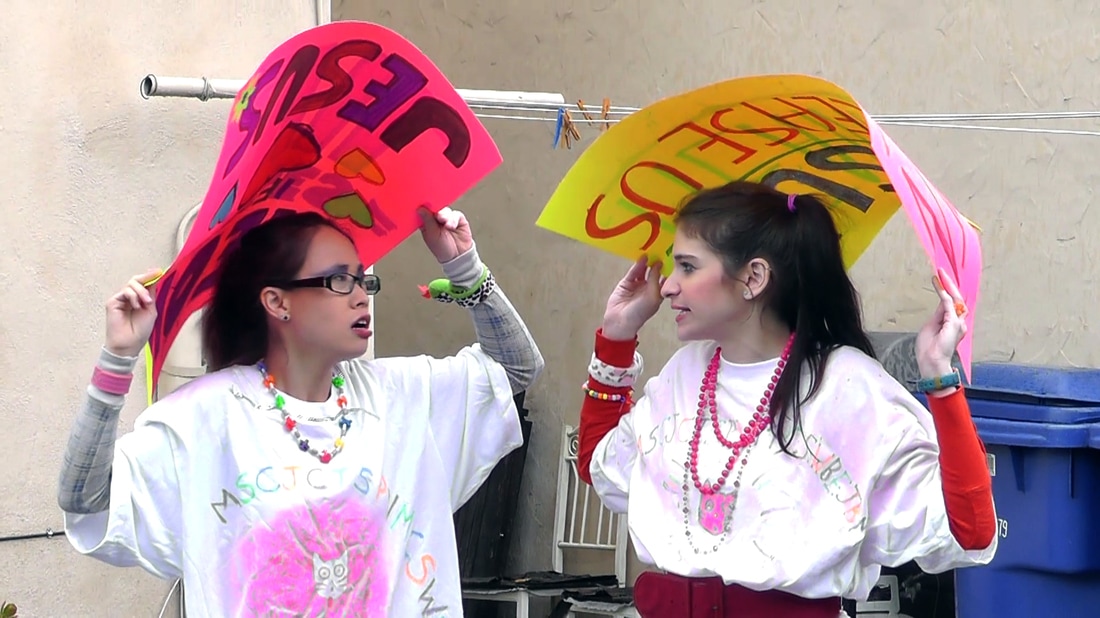
What’s a lesson you had to unlearn and what’s the backstory?
This is probably going to sound a bit pessimistic or cynical, but hard work doesn’t pay off. I was raised to believe that if I just worked hard enough, then I would get what I wanted–I’d achieve my goals and I’d be happy. I’d get into the right school or get the best job. That the one thing that dictates success is hard work.
This has been the most difficult lesson I’ve had to unlearn as an adult. And, to be honest, it’s not something that really sunk into my belief system until more recent years. Yes, I still believe that working hard is important, perhaps to a fault. But in many aspects of life, who you know and your access to resources (both financial and otherwise) are going to dictate what you can and cannot achieve. Nepotism and wealth are going to beat out hard work just about every time. I do believe there are still instances in which hard work can pay off. But I no longer believe hard work is the answer. This has been extremely challenging to accept as someone who has workaholic tendencies. My brain is wired to believe that if I just do more, then I’ll get more in return. But at this point in my life, I’m actually trying to figure out how to do less. And not feel guilty for it. I’ll get back to you if I ever figure it out.
Contact Info:
- Website: https://www.juliamorizawa.com/
- Instagram: https://www.instagram.com/juliamorizawa/
- Linkedin: https://www.linkedin.com/in/juliamorizawa/
- Youtube: https://www.youtube.com/@juliamorizawa
- Other: https://somethingaboutthetide.com/
https://dragonflyshortfilm.com/
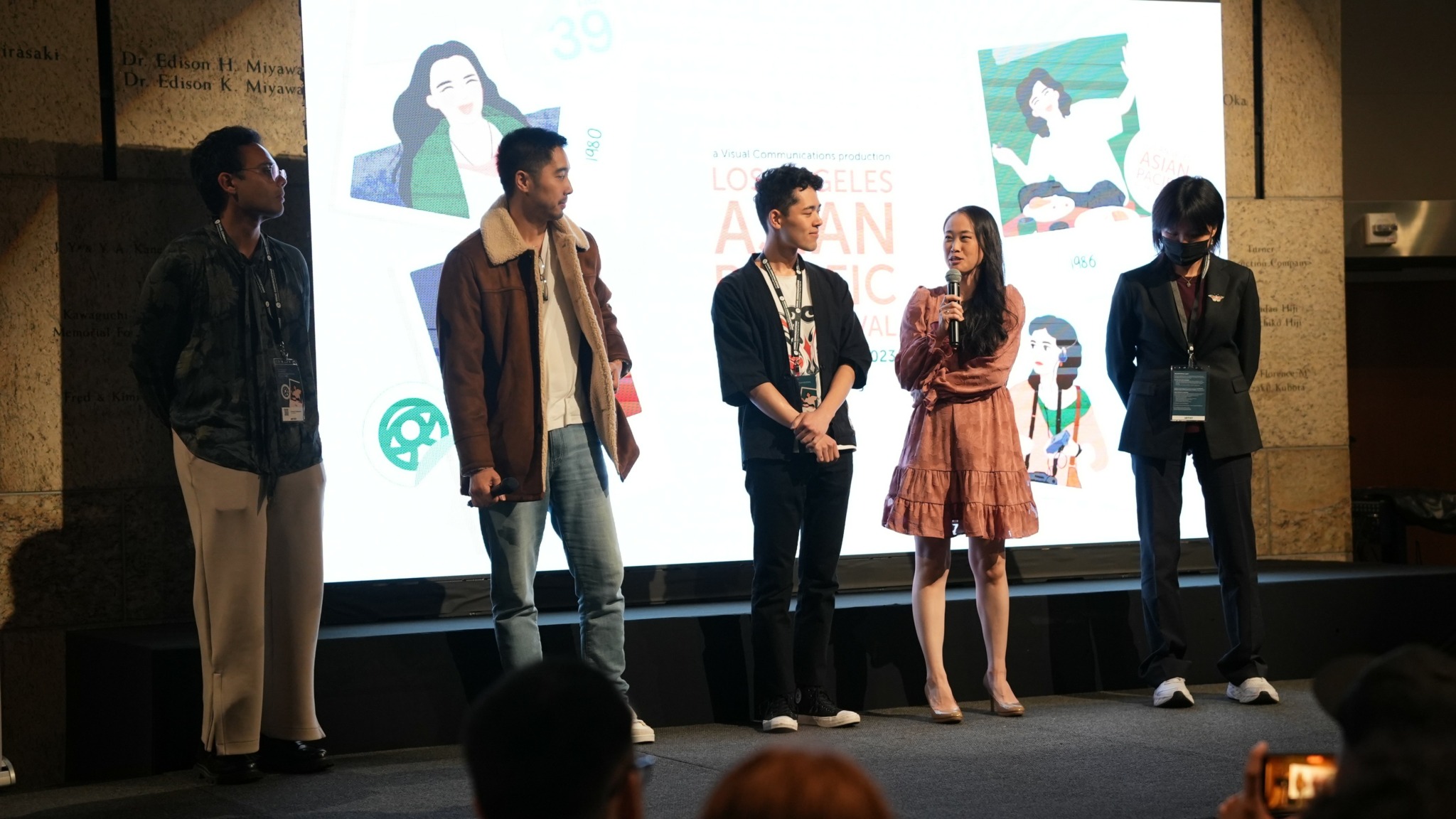
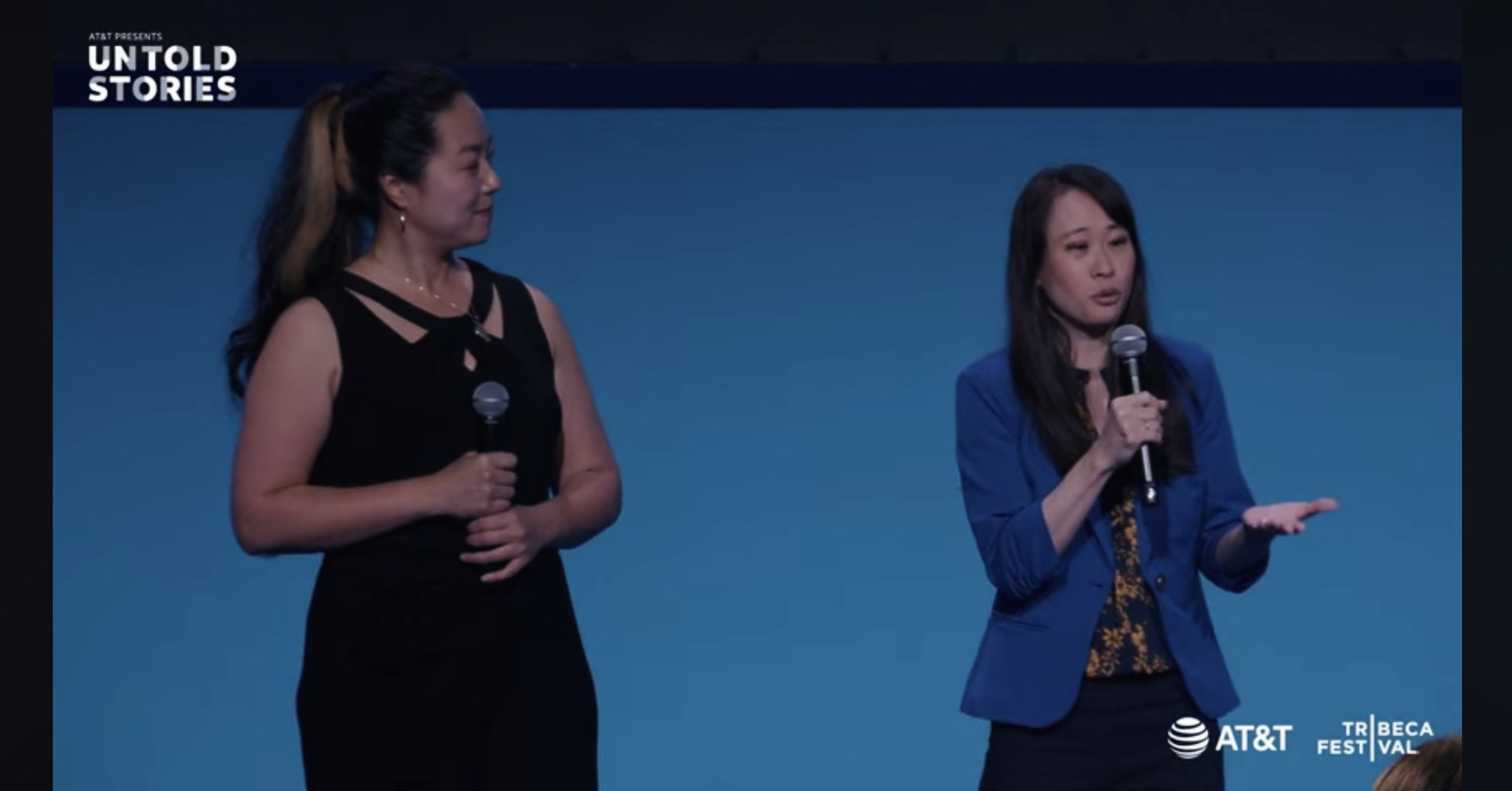
Image Credits
Rachel Hadiashar, Zing Studios


